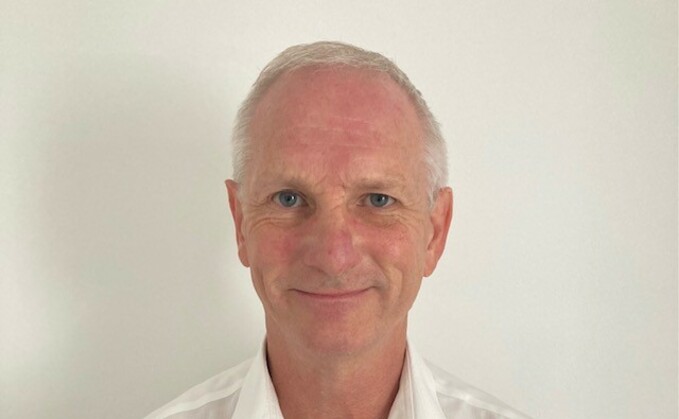
Neil Thompson, Product Development and Training Manager
With the National Health Service (NHS) facing relentless demand, it's time for the private medical insurance (PMI) sector to help fill the gap. However, while long waiting lists and strikes mean more treatments are occurring privately, PMI needs to work more effectively with government and the NHS.
Neil Thompson, Product Manager at National Friendly, shares how the healthcare industry needs support from the government and the NHS to alleviate waiting lists. A more successful private healthcare sector will potentially see more hospitals built, and help take the pressure off an overstretched NHS.
The UK is currently well behind its EU counterparts in terms of hospital beds per person*.
Increasing Accessibility and Flexibility
While the necessity of PMI is widespread, Thompson argues the insurance product needs to be made more accessible. He explains that whilst in many other countries, insurance provides an effective healthcare system, PMI has traditionally been seen as ‘for the fortunate few', which is generally middle to upper-class, working-aged people. However, this is changing thanks to alternative PMI options that give the old and young more choices.
For instance, the modularity of National Friendly's ‘My PMI' offering means that individuals can tailor their level of coverage to their specific needs.
Thompson says: "We find that many people will happily use private healthcare via PMI for diagnostics and therapies, or just for operations, with the NHS picking up their other treatments. For some, this would be more accessible and less expensive than ‘full' PMI.
Many people think it's a case of private over NHS. However, that's not the case at all because no PMI product covers chronic conditions which the NHS spends a lot of time dealing with."
Another key factor that holds back many from adopting PMI is exclusions. Sometimes providers don't review or update their policies over time and when individuals switch providers, unnecessary exclusions are carried over that can increase the cost of a policy.
He adds: "At National Friendly, we have a sympathetic, common-sense approach to underwriting, and we accept that health issues can resolve themselves over time. We're also realistic in our assessment of those who come to us at older ages, looking for extended cover."
The Affordability Challenge
The key challenge preventing the wider adoption of PMI is affordability. Many potential customers would choose a private option if it were more financially accessible. Thompson highlights that rising consultant charges and the burden of a 12% tax, known as the Insurance Premium Tax, contribute to the high costs of PMI, rendering it unaffordable for many.
Furthermore, factors like rising living costs, threats to world stability, and general job security further limit non-essential spending. The modern world brings not only financial caution, but also impacts mental health, an area of medicine for which there are long waiting lists.
Thompson says: "I work as a volunteer for Cruse Bereavement, and many referrals for assistance come from GPs. They are happy to refer patients to Cruse because they are a registered charity, but they aren't keen to refer for other types of counselling outside of the NHS. The assumption seems to be that customers won't be prepared to pay. Patients who are in desperate need are often not signposted to relevant private counsellors who can see them far quicker. By default they will be added to waiting lists for already overburdened NHS mental health services."
Collaboration for a Healthier Population
To create a healthier and more inclusive healthcare system, it's clear more collaboration between the UK government and insurers is needed. On the government side, reducing the burden of Insurance Premium Tax would be a step in the right direction to making PMI more affordable for the masses. Equally, insurers need to make sure their policies are as accessible and affordable as they can be.
By incentivising the broader adoption of private insurance, everyone can benefit. The state can experience long-term savings by reducing the burden on the NHS, and the public can receive greater access to treatment and improve their overall healthcare outcomes.
Thompson says: "The PMI sector needs support in its aim to bring affordable alternative healthcare to the masses. Once it has such support, the good news is that we have the tools at our disposal to accomplish that."
This post is funded by National Friendly
References:











